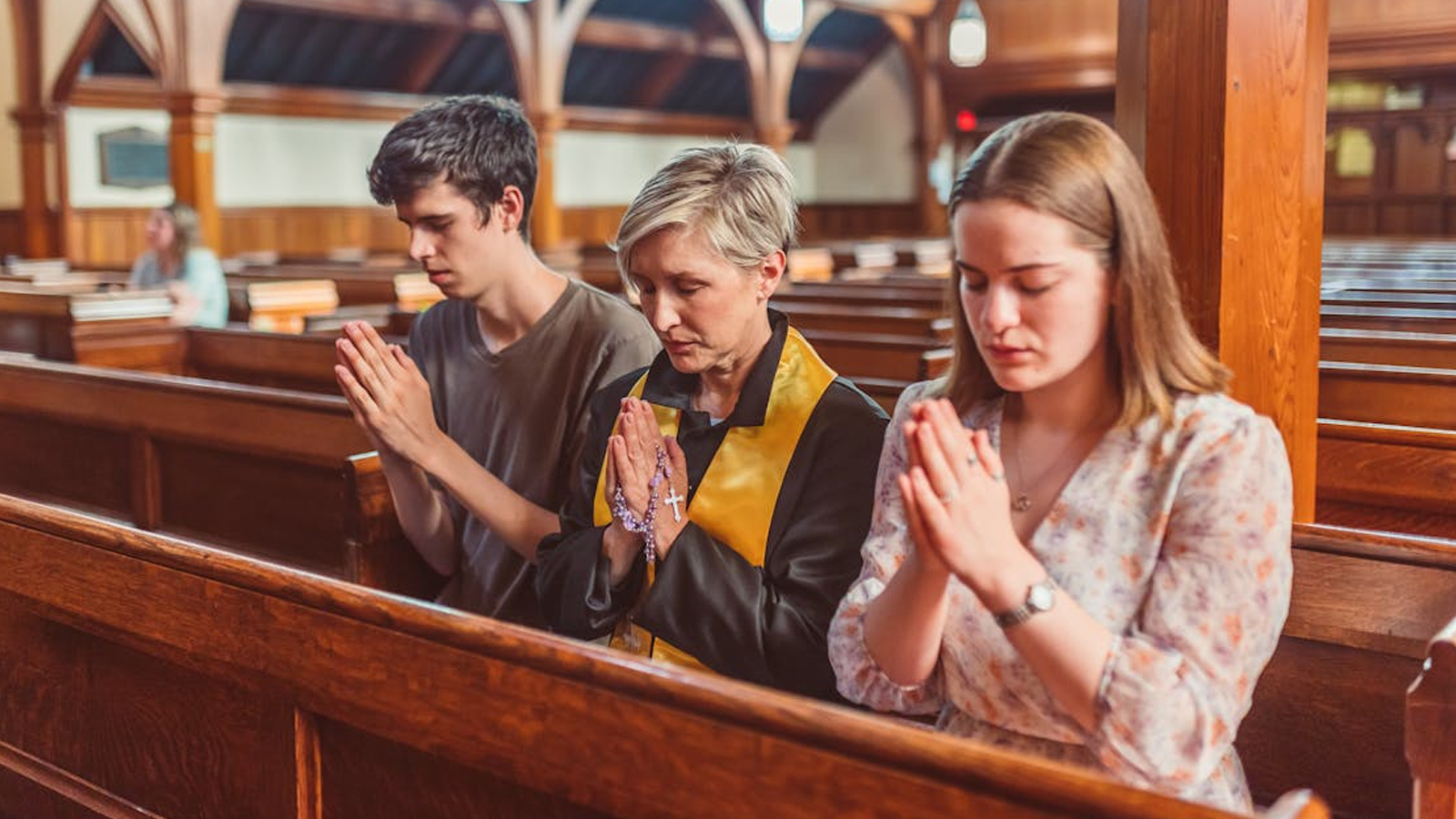 I’ve had my share of homicide cases that involved unanswered questions. In fact, every case raises a number of substantial and difficult issues. In my most recent investigation, a “no body, missing” from 1981, the biggest question was simply, “What did the defendant do with the victim’s body?” Another important question was “How did he move her car across town without anyone noticing him?” Over the course my investigation, I often wondered about these two issues, and I knew that these questions would certainly be important to the jury once we got to trial.
I’ve had my share of homicide cases that involved unanswered questions. In fact, every case raises a number of substantial and difficult issues. In my most recent investigation, a “no body, missing” from 1981, the biggest question was simply, “What did the defendant do with the victim’s body?” Another important question was “How did he move her car across town without anyone noticing him?” Over the course my investigation, I often wondered about these two issues, and I knew that these questions would certainly be important to the jury once we got to trial.
While I didn’t have definitive answers, I did have many reasonable theories. After all, the suspect had plenty of time to dispose of the body and plenty of opportunity to move the victim’s car. He also had a car that was large enough to transport the victim and there were a number of close locations that could be used to bury, sink, or (use your imagination) otherwise dispose of the victim. Nothing about the historic timeline of the murder precluded my suspect. There wasn’t anyone, for example, who could testify that they were personally aware of the suspect’s activity during the time of the crime or during the time when the victim’s car was moved. So, although there were unanswered questions and we lacked a specific, detailed explanatory model, the fact that any one of our reasonable “hypotheticals” could explain what happened allowed us to focus on other evidence to make our case against the suspect. If our suspect was, in fact, the killer, these unanswered questions had no impact on our case: the evidence we presented was sufficient to determine his guilt, and the jury simply became comfortable with the fact that every case has unanswered questions.
I take a similar approach when examining the numerous explanatory models that my Christian brothers and sisters offer to explain Genesis 1. The interpretation of the opening chapters of Genesis has become one of the most divisive issues in the Christian family. I have brothers and sisters in the faith who hold to one (or more) of the following interpretive models:
“Literal” Six-Day Young Earth Creationism
Some of my Christian brothers and sisters accept a straightforward reading of Genesis 1 and reconcile issues raised within the account (i.e. the appearance of light prior to the creation of the sun, for example) in a number of reasonable ways. They also engage the claims of secular scientists who argue for an ancient earth from data in the natural world.
“Day-Age” Old Earth Creationism
Some of my Christian brothers and sisters accept an interpretation of each “day” in Genesis as an expansive “era” or epic period of time. They also provide reasonable explanations for issues raised in the account.
“Gap Theory” Old Age Creationism
Some of my Christian brothers and sisters propose a variation (or rather a compromise) of these first two interpretations; they propose a “gap” of an unspecified (but very large) number of years between Genesis 1:1 and Genesis 1:2.
“Audience-Specific Literature” Creationism
Some of my Christian brothers and sisters say we are missing the purpose of the text altogether when we try to view it as a scientific chronology. Instead, they say, Moses is writing to his newly liberated Jewish audience in an effort to communicate something other than “origin” science. Greg Koukl recently interviewed Dr. John Soden, the author of In the Beginning… We Misunderstood: Interpreting Genesis 1 in Its Original Context. Soden proposes that Moses is more concerned with distinguishing the true God from the gods of Egypt than he is with scientific chronology.
All these sincere Christians are trying to make sense of the world they see in “natural revelation” while retaining the utmost respect and high regard for the “special revelation” of the Bible. It is an honest and heartfelt endeavor, and I certainly understand their motivation. Any one of these models may be correct; each has virtues and each has liabilities (as does every case I’ve ever worked). Most likely, each model contains some truth and some error. We’ve probably misinterpreted something here or there and only God will be able to correct us when we get home (for many of us this will be one of the first questions we ask Him).
While we may not have definitive answers that are wholly satisfying to everyone in our Christian family, we do have many reasonable theories. Nothing about the secular scientific account of origins precludes the Biblical account (especially given the variety of explanatory models that Christians embrace). So, although there may be unanswered questions and we may not agree on one specific, detailed explanatory model, the fact that any one of our reasonable “hypotheticals” could explain what happened allows us to focus on other evidence to make our case for God’s existence and the reliability of the Bible. The unanswered questions have no impact on our case: the evidence we possess is sufficient to determine the truth about God’s existence, and we simply have to become comfortable with the fact that every worldview has unanswered questions.
When people ask me about Genesis 1 these days, I am likely to offer a survey of Christian beliefs on the topic. My confidence is not shaken by the fact there are so many reasonable hypotheticals; I would be far more concerned if I couldn’t think of a single way to reconcile God’s natural revelation with God’s special revelation. My experience in cold cases has helped be to embrace the diversity of reasonable options and to resist the obsession with any one of these options.
 For more information about the reliability of the New Testament gospels and the case for Christianity, please read Cold-Case Christianity: A Homicide Detective Investigates the Claims of the Gospels. This book teaches readers ten principles of cold-case investigations and applies these strategies to investigate the claims of the gospel authors. The book is accompanied by an eight-session Cold-Case Christianity DVD Set (and Participant’s Guide) to help individuals or small groups examine the evidence and make the case.
For more information about the reliability of the New Testament gospels and the case for Christianity, please read Cold-Case Christianity: A Homicide Detective Investigates the Claims of the Gospels. This book teaches readers ten principles of cold-case investigations and applies these strategies to investigate the claims of the gospel authors. The book is accompanied by an eight-session Cold-Case Christianity DVD Set (and Participant’s Guide) to help individuals or small groups examine the evidence and make the case.
J. Warner Wallace is a Dateline featured Cold-Case Detective, Senior Fellow at the Colson Center for Christian Worldview, Adj. Professor of Christian Apologetics at Talbot School of Theology, Biola University, author of Cold-Case Christianity, God’s Crime Scene, and Forensic Faith, and creator of the Case Makers Academy for kids.
Subscribe to J. Warner’s Daily Email




























Pingback: Why I Try Not to Obsess Over the Genesis Debate | ChristianBookBarn.com
Pingback: Why I’m Not a Theistic Evolutionist
Pingback: Why I’m Not a Theistic Evolutionist – Apologetics Ministry
Keith Wilson
October 13, 2020 at 3:36 pm
Dr Wallace, your treatment of these issues appears to lack due diligence. You seem to endorse young earth creationism without thoroughly examining the nature of the evidences provided. Is it sufficient to merely accept reasonable cohesive arguments as true without adequate foundations in empirical research?